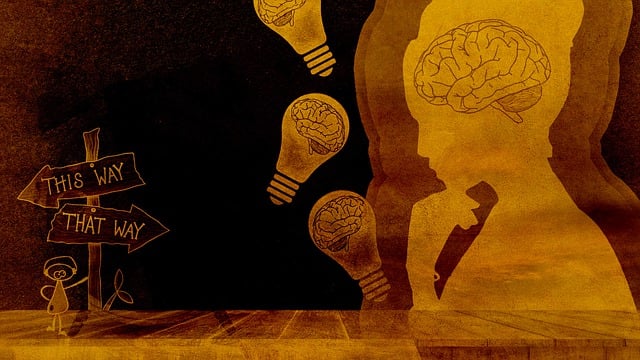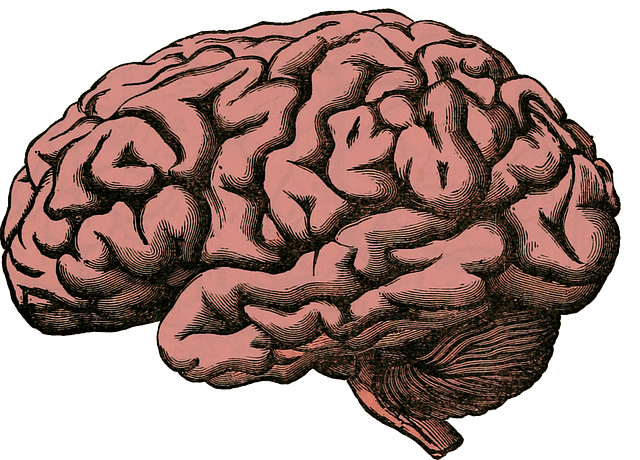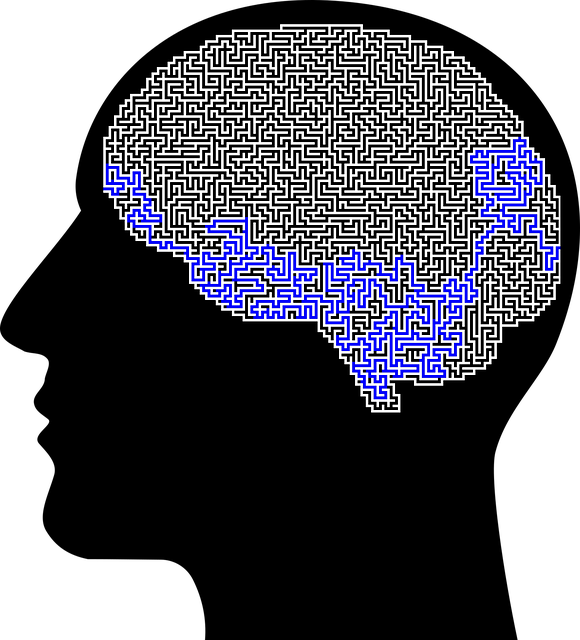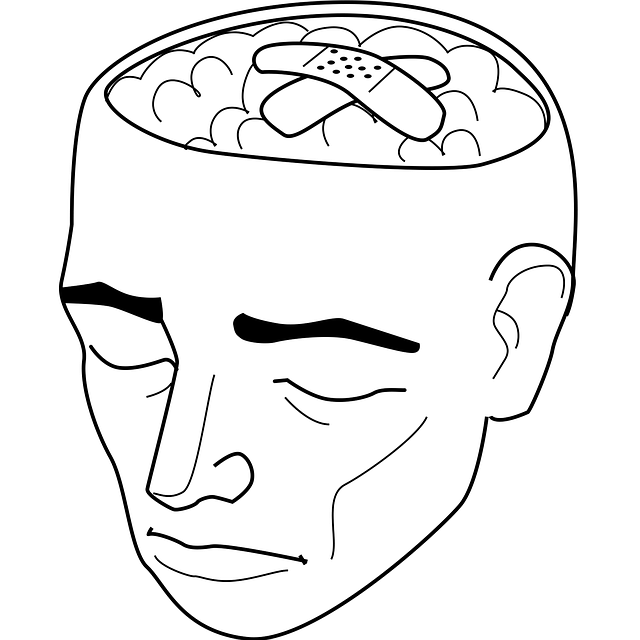The Parker Model for Family Therapy offers a holistic approach to support blended families, addressing complex dynamics through open dialogue, resilience building, and tailored interventions. By focusing on communication, emotional well-being, and stress management, it strengthens family bonds and fosters a supportive environment. Parker Blended Families Therapy provides practical tools for managing challenges, reducing conflict, and promoting positive thinking, ultimately enhancing the overall mental wellness of blended families.
“Unraveling the power of resilience in modern families, this article explores the RFM (Resilience, Flexibility, and Motivation) framework through the renowned Parker Model for Family Therapy. We delve into how resilience is a cornerstone of family well-being, especially within blended families, which often face unique challenges. By identifying and addressing stressors, parents can use practical exercises to boost family resilience. Discover how Parker Blended Families Therapy offers a transformative approach, providing tools to navigate complexities and foster lasting connections.”
- Understanding RFM: The Parker Model for Family Therapy
- Resilience Building: A Cornerstone of Family Well-being
- Identifying and Addressing Stresses within Blended Families
- Practical Exercises to Enhance Family Resilience
- Parker Blended Families Therapy: A Transformative Approach
Understanding RFM: The Parker Model for Family Therapy

The Parker Model for Family Therapy, developed by Dr. John Parker, offers a comprehensive framework to understand and support families, particularly blended families, navigating complex dynamics. This therapeutic approach recognizes that family systems are intricate networks of relationships and interactions, influenced by various factors such as cultural background, economic status, and past experiences. By focusing on these interconnections, the model aims to enhance communication and foster a sense of belonging within the family unit.
In the context of blended families, where individuals from diverse backgrounds merge, the Parker Model emphasizes the importance of understanding each member’s unique perspective and history. It encourages open dialogue, encouraging every family member to express their thoughts and emotions honestly. Through this process, families can develop coping skills collectively, promoting mental wellness and resilience. The Community Outreach Program Implementation strategies within this model further enhance support by providing resources and education tailored to the specific needs of blended families, contributing to a more harmonious and adaptive household.
Resilience Building: A Cornerstone of Family Well-being

Resilience building is a cornerstone of family well-being, especially within Parker Blended Families Therapy. It equips families with the tools to navigate life’s challenges and adapt to change. By fostering emotional regulation and stress management skills, resilience strengthens the bonds between family members and enhances their ability to cope with difficult situations. This proactive approach not only improves individual mental health but also creates a supportive and cohesive household environment.
Public awareness campaigns play a crucial role in promoting the importance of resilience building. They contribute to an increased understanding of emotional well-being, encouraging families to seek support and implement strategies that foster resilience. Through education and access to resources, these campaigns empower parents and caregivers to create nurturing environments where children can thrive, even in the face of adversity.
Identifying and Addressing Stresses within Blended Families

In Parker Blended Families Therapy, identifying and addressing stressors within blended families is a critical component of fostering resilience. Blended families often face unique challenges, such as step-parents adjusting to new roles, children managing multiple households, and navigating complex emotional dynamics. These adjustments can lead to increased stress levels, affecting both the mental health of family members and the overall emotional well-being of the household. A tailored approach is necessary to manage these stressors effectively.
Through comprehensive Mental Health Education Programs Design, therapists can guide blended families in implementing Stress Management techniques. This may involve teaching coping mechanisms, promoting open communication, and establishing structured routines. By integrating Emotional Well-being Promotion Techniques, families can learn to recognize triggers, develop healthy conflict resolution strategies, and strengthen their support systems. These interventions not only help individuals cope with stress but also create a more harmonious and resilient family environment.
Practical Exercises to Enhance Family Resilience

Building resilience within families is a powerful tool for navigating life’s challenges and fostering a supportive environment. At Parker Blended Families Therapy, we understand that every family is unique, so we’ve developed practical exercises tailored to enhance and strengthen familial bonds while boosting emotional intelligence. These activities are designed to improve communication, encourage problem-solving skills, and cultivate an atmosphere of understanding and empathy.
One such exercise focuses on active listening, where each family member takes turns sharing their feelings and experiences without interruption. This simple yet effective practice promotes emotional awareness and strengthens the connection between parents and children. Additionally, engaging in stress reduction methods like mindfulness or deep breathing exercises can help individuals manage anxiety and improve overall well-being. By incorporating these techniques into daily routines, families can build confidence, enhance their problem-solving abilities, and develop a collective sense of resilience that will serve them for years to come.
Parker Blended Families Therapy: A Transformative Approach

Parker Blended Families Therapy offers a unique and transformative approach to family dynamics, especially within blended families. This innovative method recognizes that modern families come in diverse forms, often consisting of stepparents, biological parents, and children from previous relationships. The therapy focuses on navigating the complexities these structures present, fostering healthier relationships, and enhancing communication. By employing tailored Conflict Resolution Techniques, the approach aims to reduce the Mental Illness Stigma often associated with blended family situations, promoting an environment of understanding and support.
Through Parker Blended Families Therapy, families can learn effective strategies for managing challenges related to step-parenting, step-siblings, and co-parenting dynamics. This includes encouraging Positive Thinking as a tool to combat stress and strengthen familial bonds. The therapy provides a safe space for open dialogue, helping family members develop coping mechanisms, improve emotional intelligence, and cultivate empathy. As a result, blended families can experience profound personal growth, improved relationships, and a more harmonious home environment.
The integration of RFM and resilience-building exercises, as exemplified by the Parker Blended Families Therapy model, offers a transformative approach to enhancing family well-being. By understanding and addressing stress factors within blended families, this methodology fosters a stronger, more resilient unit. Through practical exercises tailored to strengthen relationships and cope with challenges, families can navigate complexities with enhanced resilience, ultimately thriving in an ever-changing world.














